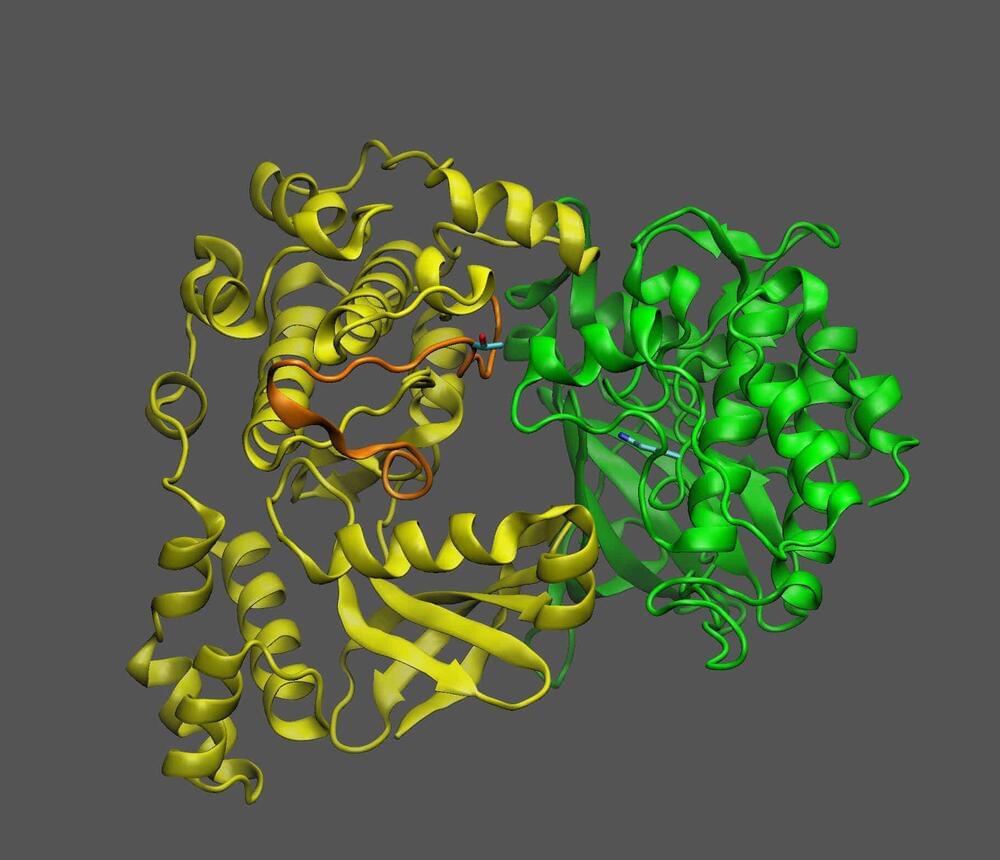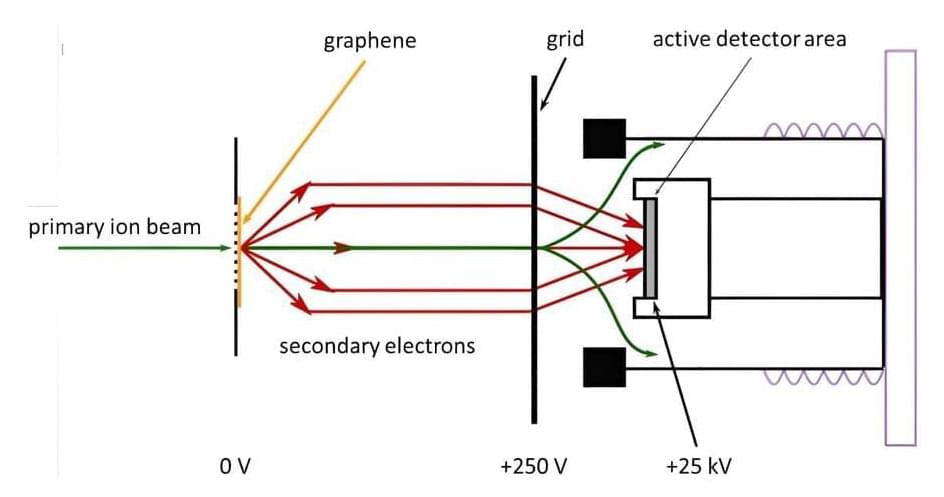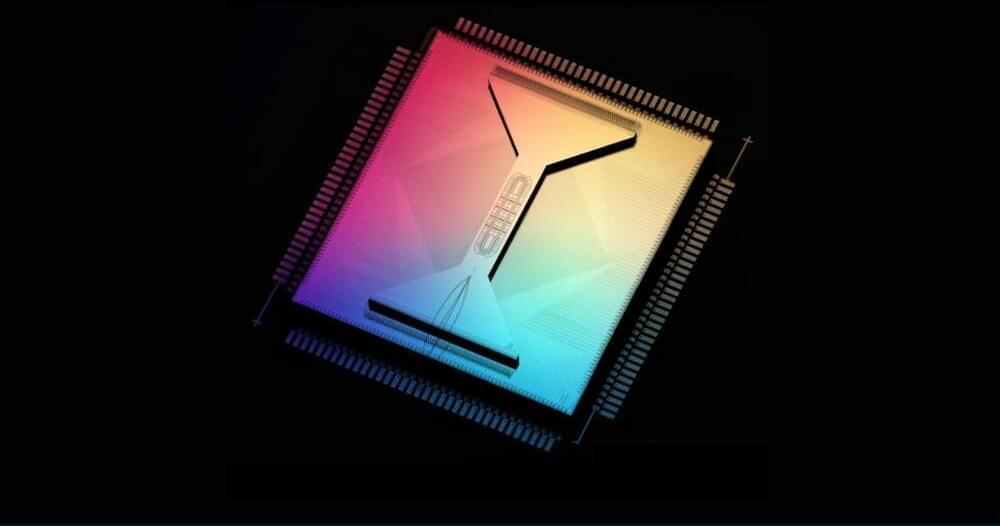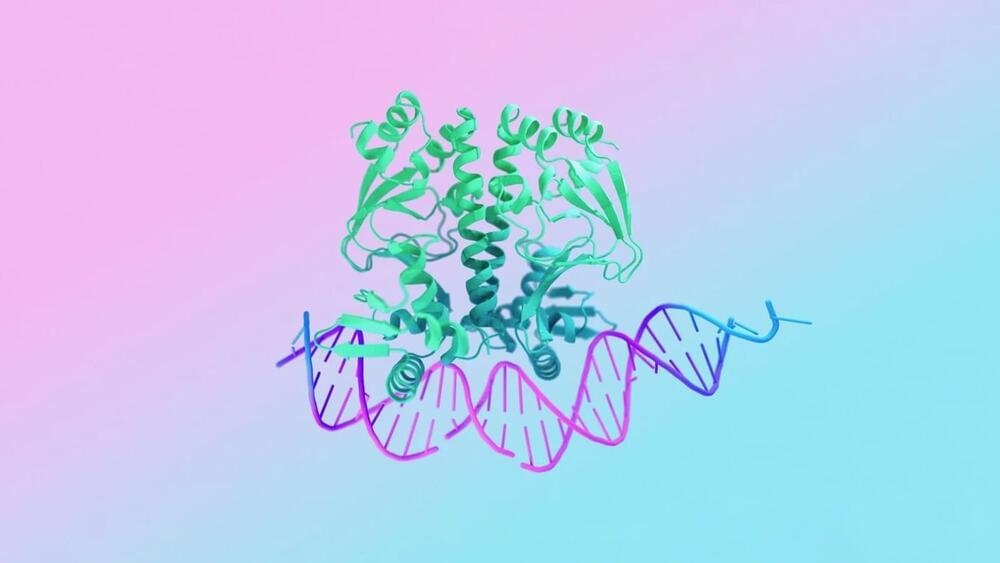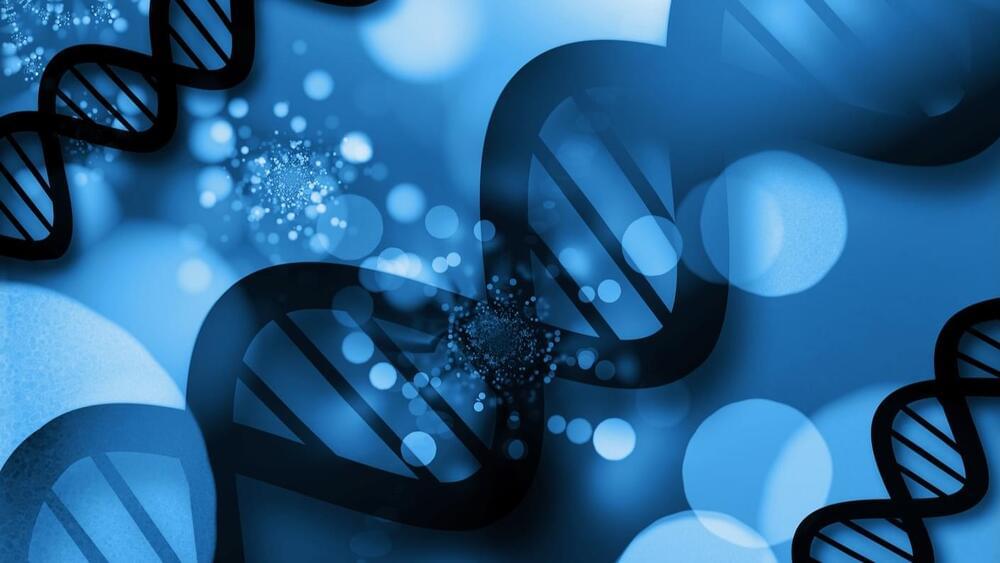May 17, 2024
Researchers develop world’s smallest quantum light detector on a silicon chip
Posted by Saúl Morales Rodriguéz in categories: computing, quantum physics
Researchers at the University of Bristol have made an important breakthrough in scaling quantum technology by integrating the world’s tiniest quantum light detector onto a silicon chip. The paper, “A Bi-CMOS electronic photonic integrated circuit quantum light detector,” was published in Science Advances.

